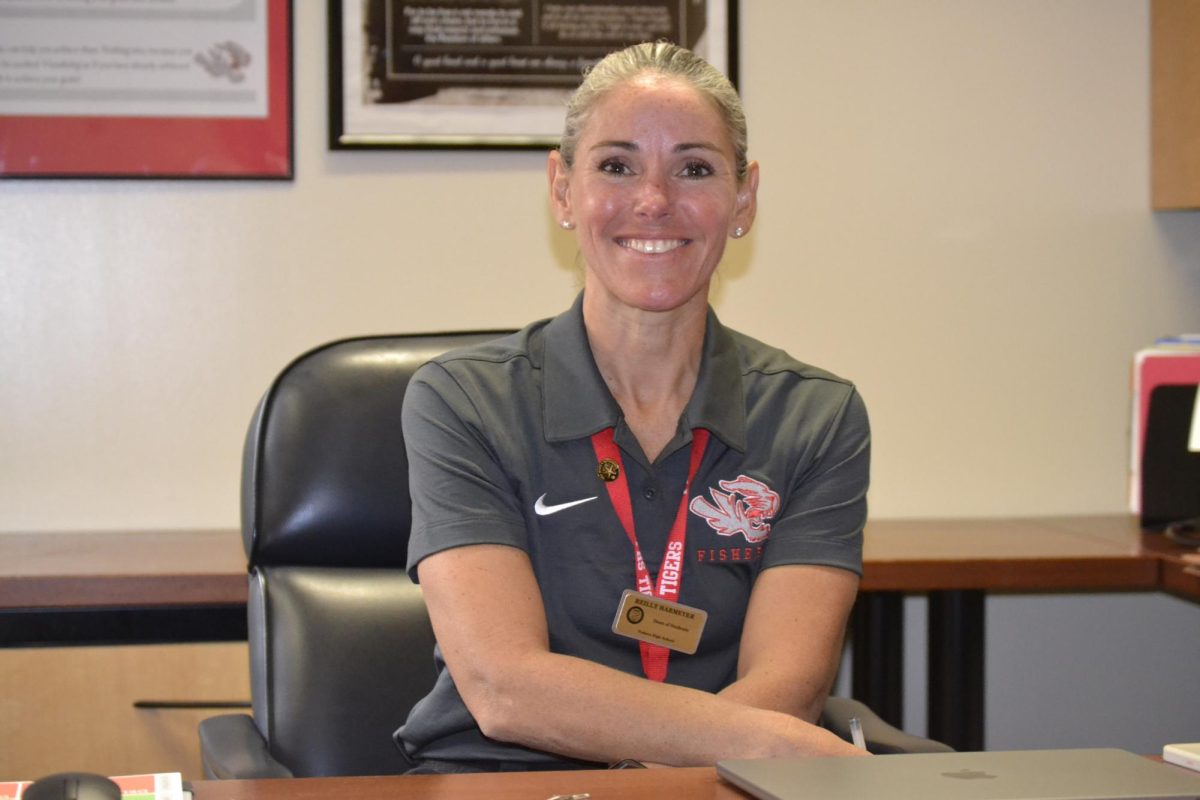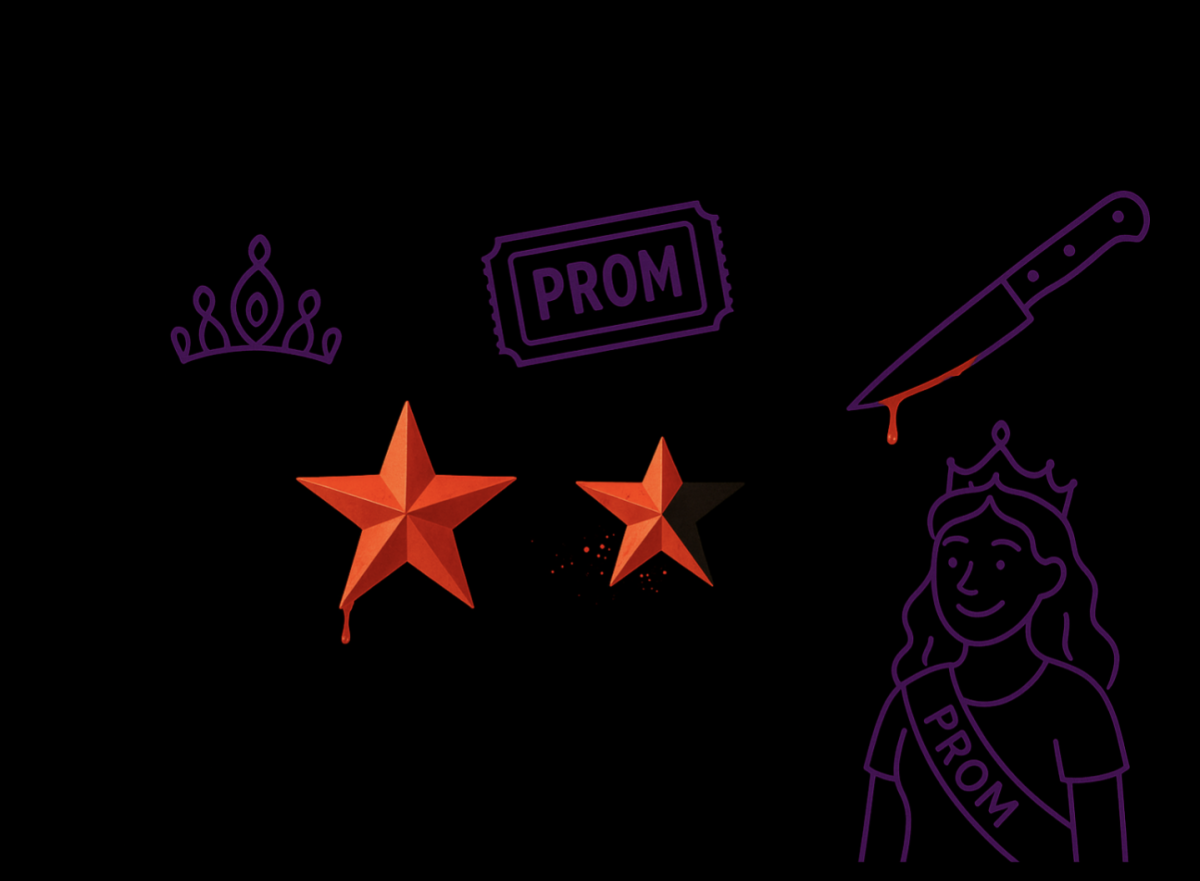“Adulting” can be defined as the practice of behaving in a way characteristic of a responsible adult, especially the accomplishment of mundane but necessary tasks.
Schools are prone to providing a small amount of classes that cater to “adult skills.” FHS has classes that involve skills an adult is recommended to have. Personal Finance as well as a plethora of ranging communication classes, like visual communication, interpersonal relations, and advanced speech and communication are taught and can be seen as beneficial according to teachers.
When marketing teacher Shawn Crull was asked his suggestion on classes for students that aid in “adulting” he mentioned a few courses the school offers.
“In my opinion, I believe the Personal Finance might be the most important class you can take to learn adult “skills,” marketing teacher Shawn Crull said. “It teaches budgeting, how to find the right mortgage, buy a car, pay taxes, etc. These are definitely skills that aren’t taught to students that need to be in order to be successful in life. At the same time, I strongly recommend taking any communication class, if that is not a strong suit of yours. In any occupation, communication is of the utmost importance. Those skills will benefit students greatly in college and beyond.”
Not every school passes on these skills in the classroom. A variety of high schools use Student Health 101 created specifically for the skills high school students do not learn in school. One article published to the site is called Life Skills You Need to Know: The Almost-Adult’s Guide to Adulting that has a list dedicated to “adult skills.”
In a recent Student Health 101 poll, 70 percent of high school students surveyed said that time management was one of the life skills that was most difficult for them; more than 76 percent of students also said they struggled with procrastination. The website article recommended getting a real alarm clock for those who struggle with waking up.
They also recommend developing a growth mindset. This comes with believing that improvement in any skill is a result of a sustained effort that uses setbacks, challenges and feedback as opportunities to get better. To develop a growth mindset, Carol Dweck, a professor of psychology at Stanford University in California, recommends embracing the power of the word “yet.” Instead of telling yourself, “I’m not good at math,” tell yourself, “I’m not good at math yet.”















